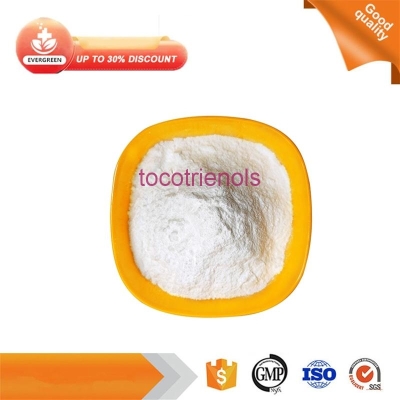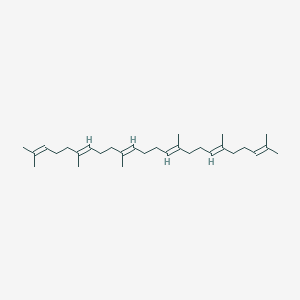The new drug artemethine maleate for the treatment of systemic lupus erythematosus was approved by Shanghai Pharmaceutical Research Institute
-
Last Update: 2015-05-20
-
Source: Internet
-
Author: User
Search more information of high quality chemicals, good prices and reliable suppliers, visit
www.echemi.com
On May 20, it was learned from the Chinese Academy of Sciences that Zuo Jianping's research group and Li Ying's researcher of Shanghai Pharmaceutical Research Institute of the Academy spent 15 years to develop a class 1.1 candidate new drug for the treatment of autoimmune disease "systemic lupus erythematosus", artemisinine maleate, which was approved by the state food and Drug Administration and will soon start clinical research Drug research and development of autoimmune diseases is one of the most challenging research fields recognized by the international pharmaceutical community According to the epidemiological survey, there are millions of SLE patients in China Because of its unclear pathogenesis and heterogeneity of disease, it has greatly affected the drug development in this field Since 1955, there has not been a new chemical drug for the treatment of systemic lupus erythematosus on the market in the world, said Zuo In 2011, the United States approved an antibody drug for the treatment of systemic lupus erythematosus, but the cost of treatment is so high that most patients are excluded At present, the clinical treatment is still based on glucocorticoids, combined use of non-specific anti-inflammatory, immunosuppressant, although to some extent delayed the progress of the disease, but long-term use of patients with low immune function and other complications is the main reason for the failure of treatment Therefore, the research and development of new therapeutic drugs for systemic lupus erythematosus has become an important topic of medical and pharmaceutical research Artemisia annua is a unique resource of Chinese herbal medicine in China Since 2000, Shanghai Pharmaceutical Research Institute has carried out systematic research on the combination of pharmacochemistry and pharmacology oriented by immunomodulatory activity for artemisinin compounds, synthesized a series of new artemisinin derivatives, and found a batch of water-soluble derivatives with stronger immunosuppressive activity and good oral absorption Through the study and evaluation of drug formation, artemisinine maleate was finally determined as a class 1.1 candidate new drug for the treatment of systemic lupus erythematosus More than ten years of research has proved that it can inhibit the abnormal autoimmune response and restore the immune balance of the body According to reports, artemethine maleate was independently created by Chinese scientists, and two patents were authorized by China, the United States, Europe, Japan and other countries.
This article is an English version of an article which is originally in the Chinese language on echemi.com and is provided for information purposes only.
This website makes no representation or warranty of any kind, either expressed or implied, as to the accuracy, completeness ownership or reliability of
the article or any translations thereof. If you have any concerns or complaints relating to the article, please send an email, providing a detailed
description of the concern or complaint, to
service@echemi.com. A staff member will contact you within 5 working days. Once verified, infringing content
will be removed immediately.







